In a significant step towards creating safer learning environments, the Federal Government has unveiled the National Policy on Anti-Bullying in Nigerian Schools, alongside detailed implementation guidelines.
The policy was officially launched on Monday during the Citizens and Stakeholders’ Engagement on the Nigerian Education Sector held in Abuja. Minister of Education, Dr. Maruf Tunji Alausa, said the initiative is designed to ensure all students are treated with dignity and can learn in a safe environment.
To ensure effective execution, the Minister of State for Education, Prof. Suwaiba Ahmad, inaugurated the National Anti-Bullying Committee. She highlighted the need to safeguard students’ mental health and promote a culture of empathy, respect, and accountability in schools.
“Bullying not only affects students’ well-being but also hinders their learning potential,” Prof. Ahmad stated. “The policy addresses physical, verbal, psychological, and cyberbullying, clearly defining the roles of school leaders, teachers, parents, students, and communities.”
Describing the initiative as more than a policy document, she said it marks the beginning of a nationwide movement toward inclusive and nurturing educational spaces.
Minister Alausa also spotlighted achievements under the Nigeria Education Sector Renewal Initiative (NESRI), which targets six key areas, including:
Enrolling 650,000 students in TVET programs,
Upgrading 38 technical colleges,
Training 3,600 teachers,
Integrating 25,000 out-of-school children into the FCT education system,
Training 400 Tsangaya teachers,
Launching the Nigeria Education Digitalization Initiative (NEDI),
And rolling out LUMINAH, a program aiming to help 1 million girls complete their education by 2030, with over 184,000 already trained in digital literacy.
Alausa noted that NESRI represents a bold vision for reforming Nigeria’s education sector through inclusive policies and strategic collaboration.
In a goodwill message, ASUU President Prof. Emmanuel Osodeke welcomed the policy but raised concerns about the government’s implementation capacity. He called for increased investment in high-tech education to prevent brain drain and meet global standards.
Senator Muntari Dandutse, Chairman of the Senate Committee on Tertiary Institutions and TETFund, described NESRI as a critical “call to action” for educational transformation.
























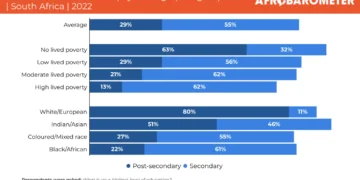

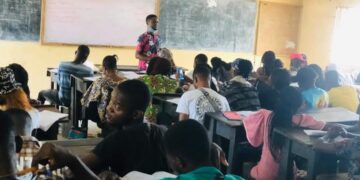
























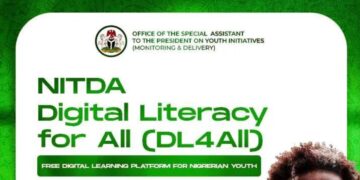








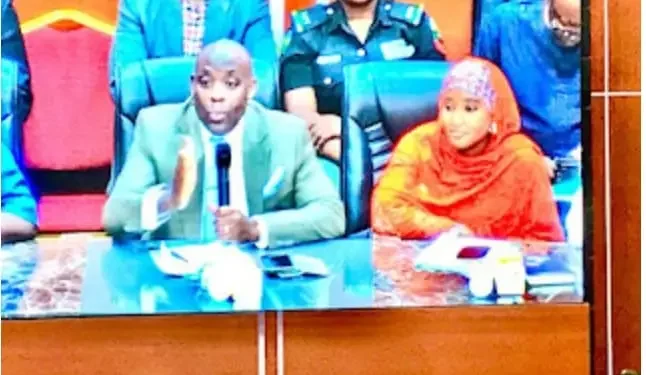




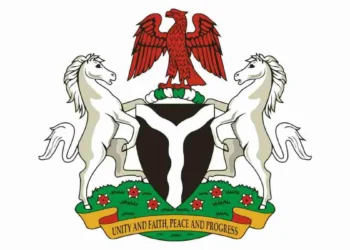

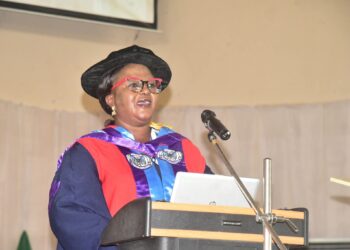

 EduTimes Africa, a product of Education Times Africa, is a magazine publication that aims to lend its support to close the yawning gap in Africa's educational development.
EduTimes Africa, a product of Education Times Africa, is a magazine publication that aims to lend its support to close the yawning gap in Africa's educational development.

